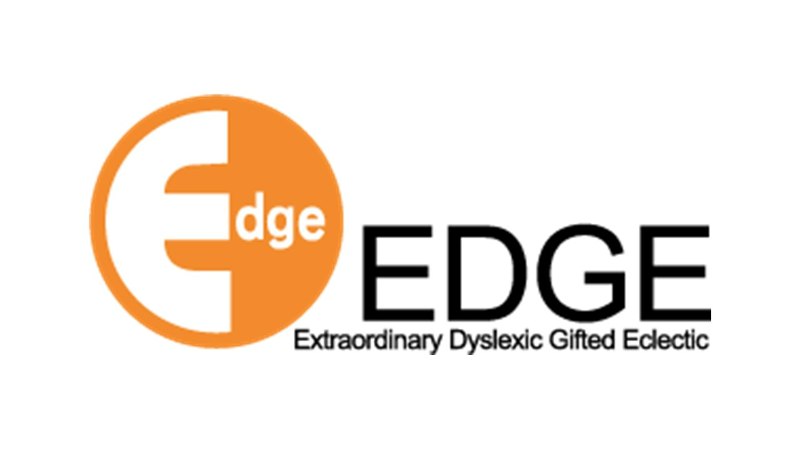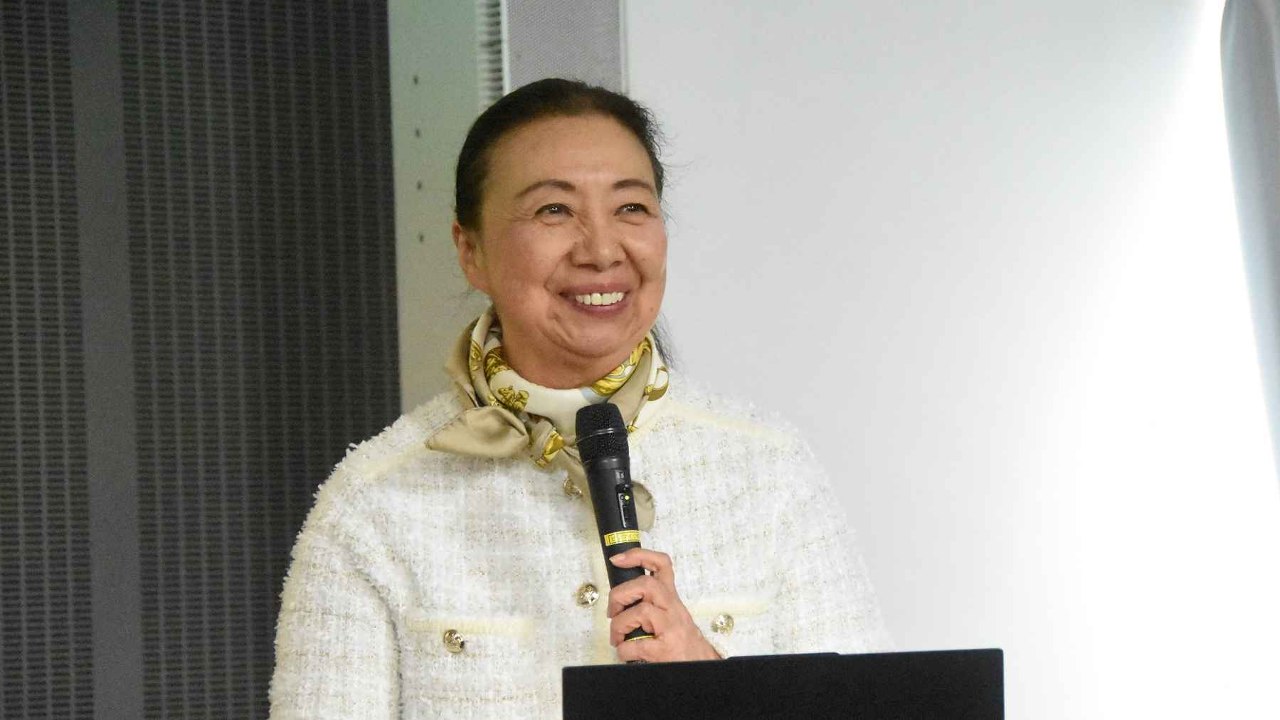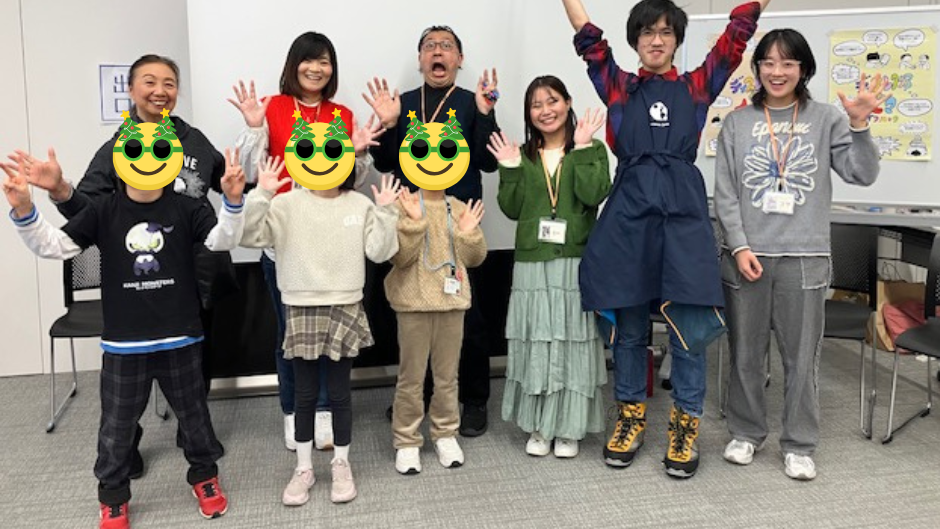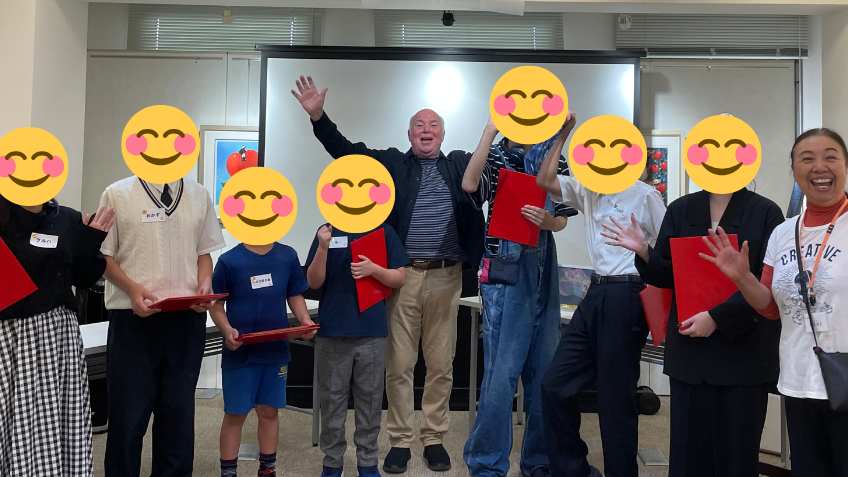There is No System in Japan to Support Dyslexia
We are 20 years behind the English-speaking world in this area. In Japan, where support for dyslexia has not yet taken root as a system, we want to create a society in which people with dyslexia can live comfortably. Please support the activities of EDGE, a certified non-profit organization.
Dyslexia Support Activities Funded by Donations
- Assessment of dyslexia now available in English, further to our consultation service in English.
- Audio textbooks commissioned by MEXT for people with disabilities are now available to non-Japanese speaking persons free of charge.
- Expansion of learning supporters and dyslexia awareness seminars.
- Awareness campaign to designate October as Dyslexia Month.
- Creating a place for children with dyslexia and holding workshops. Foreign children with dyslexia can apply to our art competition.
- Networking of people with dyslexia and preparation for the establishment of an empowerment center.
How to Donate
- For those who would like to continue to support us with a monthly donation, click here.
- If you would like to support us steadily with an annual donation, click here.
- If you would like to support us by making a one-time donation, click here.
Words from the Chairperson: "Dyslexia is Okay!"
EDGE's strength lies in its pioneering, unique, and personalized approach. Previously unknown in Japan, "Dyslexia" has been positioned as a medical classification. We have been involved in the enactment of various laws such as the Developmental Disabilities Support Law and the Law for the Elimination of Discrimination against Persons with Disabilities, support measures, educational policies, and more.
The impetus for the establishment of the NPO came from my son, who studied in the UK. He said, "The assessment and support I received in the UK opened up my future, so I want people in Japan to do something about it." The main pillars of our activities have been to first make people aware that there are people with dyslexia, to empower them through activities such as assessment and friendship building, and to help them realize their true strengths. We also aim to develop human resources and create a network of related organizations to support those who can.
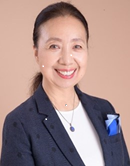
Eike Todo, Chairperson, NPO EDGE (Japan Dyslexia Society)
Born in 1953, Eiko Todo grew up in Europe. After working in the Public Affairs Department of the European Community (EU), she became a freelance interpreter (English-French). Founded Edge, a certified NPO, after her eldest son, who studied in the UK, was found to have dyslexia. After returning to Japan, she earned a Master's degree in Education and was a specially-appointed professor at Seisa University. She has served as vice president of the Developmental Disabilities Network, member of the Committee on Persons with Disabilities of the Social Security Council, and member of the Study Committee related to the Barrier-Free Textbook Law and the Barrier-Free Reading Law. Author of "Classrooms with Learning Support Staff: Natural Support in Normal Classrooms," "Even Dyslexia Can Play an Active Role (A Guide to Working with People with Reading and Writing Difficulties)," "Even Dyslexia is OK! -Reading and Writing Difficulties and Wonderful Possibilities," and the supervisor's translation of "It's OK to be Dyslexic! -Peculiarities and Talents Revealed by Changing Perspectives," and contributing author, "The Definitive Edition! Universal Design and Rational Consideration in the Classroom: How to Create Classes and Classrooms Where Children Can Learn with Peace of Mind" and many others.
Edge website ▶https://www.npo-edge.jp/
